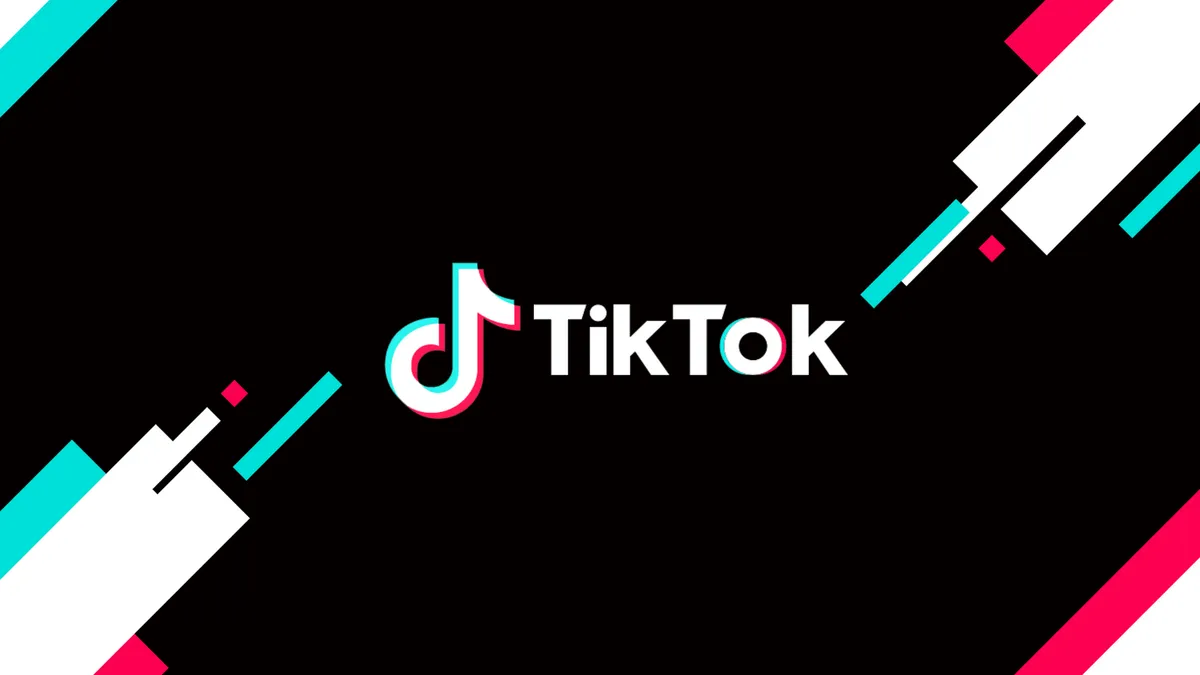Brief:
- Facebook and Snap are taking more direct aim at popular social video app TikTok with plans to offer competitive services and features, according to press reports. The moves come as TikTok faces a threat of a U.S. government ban because of privacy concerns stemming from parent company ByteDance's roots in China.
- Facebook in the next few weeks will add a TikTok-like feature called Reels in photo-sharing app Instagram worldwide, NBC News reported, citing unnamed sources. Like TikTok, Instagram Reels lets people create and share short videos with a soundtrack from a music library, or remix the audio from other videos, among other features. An Instagram spokesperson confirmed the Reels rollout plan in a statement to TechCrunch.
- Snap is at the same time testing a feature in photo-messaging app Snapchat that will let users scroll through public content with a vertical swipe, a motion that TikTok helped popularize. The test is focused on Snapchat's Discover section that features content from media companies, celebrities and influencers, per a separate TechCrunch report.
Insight:
Facebook and Snap's efforts to emulate TikTok, one of the most downloaded apps in the past two years, are likely to affect mobile marketers in several ways. The global expansion of Instagram Reels, which was first tested in Brazil last year before rolling out to France, Germany and India in the past month, may help to boost usage of Instagram and give marketers a greater chance to reach younger target audiences with their campaigns.
Because Reels is dedicated to videos, Instagram marketers will have to develop more video content instead of static imagery in their creative efforts. Snap's test of a vertical swiping feature in Snapchat is a comparatively minor tweak to the user experience that may not have much of an effect on marketers whose ads appear among Discover content.
For Facebook, the expansion of Instagram Reels opens a new front in its battle against TikTok after shutting down its social video app called Lasso, according to The Verge. The social network is positioning Instagram Reels to compete more directly against TikTok, which faces the possibility of being banned in the U.S.
Last week, U.S. Secretary of State Mike Pompeo said in an interview with Fox News that the Trump administration was weighing whether to crack down on TikTok because of concerns that China's government could use the app for surveillance and propaganda. The U.S. military and several federal agencies already have banned TikTok. White House economic advisor Larry Kudlow on Thursday said he expects TikTok to separate from ByteDance into an independent U.S.-based entity rather than face an outright ban, Reuters reported.
Scrutiny toward TikTok has extended past the government as well. In the private sector, Wells Fargo last week told employees to remove the TikTok app from company devices due to privacy concerns. After India included TikTok in its ban of Chinese-owned apps amid heightened military tensions along its border with China, Facebook quickly rolled out Instagram Reels in India, which had been TikTok's biggest market by number of downloads.
Facebook and Snap's moves are among the signs that other digital media companies see TikTok as a considerable competitive threat. Google's YouTube last month started testing an app feature that lets mobile users record and share short videos, emulating TikTok's key features. YouTube began testing the feature in its Android and iOS apps with a small group of people to gather feedback, per a blog post.
For TikTok, Facebook and Snap's encroachment presents another challenge as it works to fend off government bans. TikTok has ramped up its U.S. lobbying effort to address lawmaker concerns about privacy, The New York Times reported this week.
The app has taken other steps to quell concerns that it's subject to Chinese government control. ByteDance this year hired Kevin Mayer, an American who previously worked at Disney, as the CEO of TikTok to oversee its global growth. TikTok has said that China's government has never requested information about U.S. users, and that the company would refuse to do so if asked. The app stores data about American users in the U.S., and keeps a backup in Singapore, Reuters reported.













